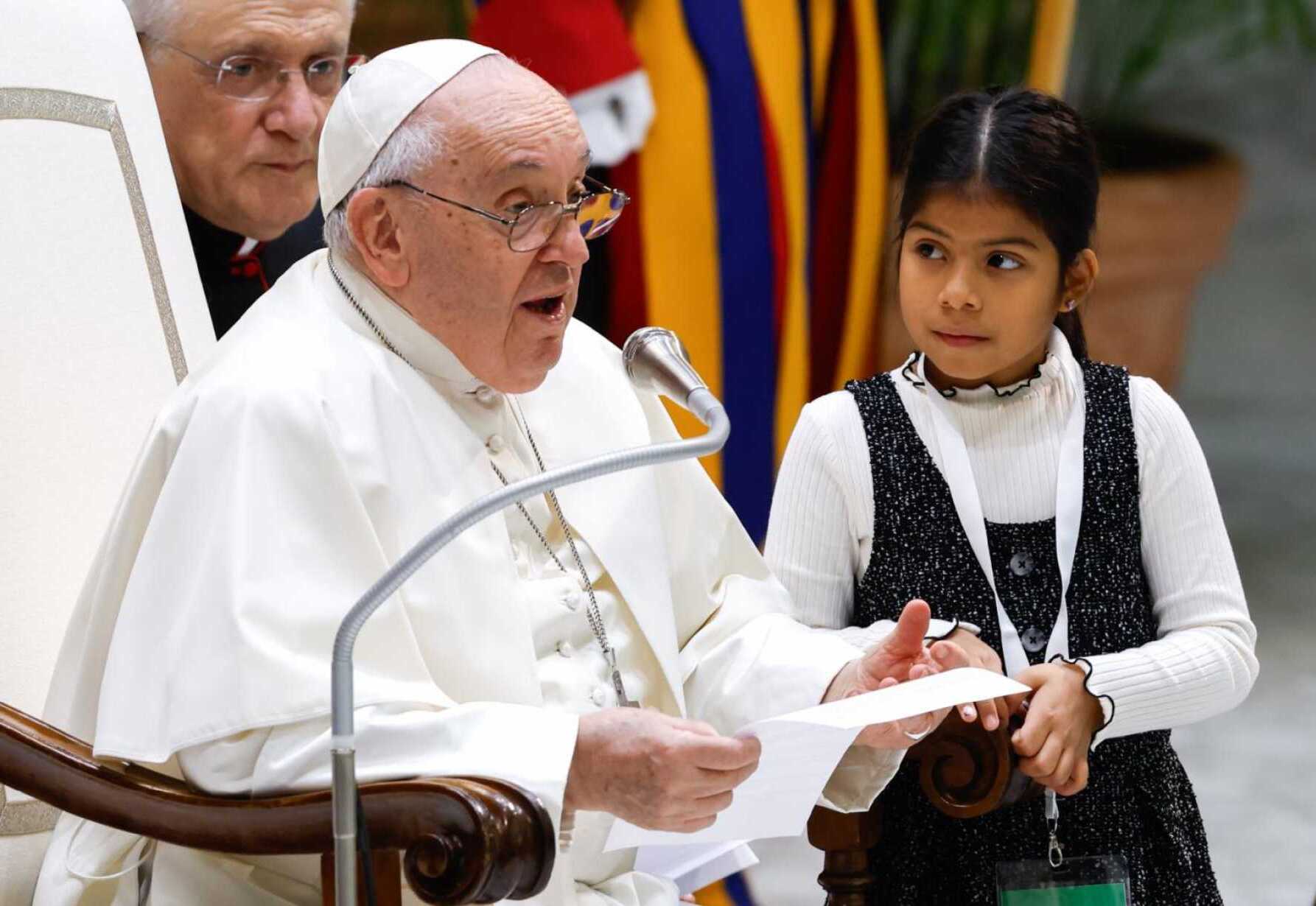
What is an Apostolic Pardon? An Apostolic Pardon is a special blessing given by a priest to a dying person, offering forgiveness of sins and the remission of temporal punishment. This powerful sacrament is part of the Catholic Church's last rites, aiming to prepare the soul for heaven. Unlike regular confessions, it carries a unique grace that can ease the soul's journey after death. Many people might not know about this sacred rite, but understanding its significance can bring comfort during life's final moments. Let's dive into 20 intriguing facts about the Apostolic Pardon, shedding light on its history, purpose, and impact.
What is an Apostolic Pardon?
An Apostolic Pardon is a special blessing given by the Catholic Church to those who are seriously ill or near death. It offers a plenary indulgence, which means complete forgiveness of sins and the removal of temporal punishment due to sin.
- The Apostolic Pardon is not a sacrament but a sacramental, which means it is a sacred sign that helps prepare the faithful to receive grace.
- It can be administered by any priest, not just bishops or the Pope.
- The pardon is often given alongside the Anointing of the Sick and the Last Rites.
- It is meant to bring peace and comfort to the dying, assuring them of God's mercy and forgiveness.
Historical Background of the Apostolic Pardon
Understanding the history of the Apostolic Pardon helps appreciate its significance in the Catholic faith.
- The practice dates back to the early centuries of the Church.
- It was formalized during the Middle Ages, a period when the Church developed many of its rituals and sacraments.
- The Apostolic Pardon was initially reserved for those who participated in the Crusades.
- Over time, its use expanded to include all the faithful, especially the dying.
How the Apostolic Pardon is Administered
The process of administering the Apostolic Pardon involves specific prayers and rituals.
- The priest recites a special prayer that includes the words, "By the authority which the Apostolic See has given me, I grant you a full pardon and the remission of all your sins."
- This prayer can be said in person or, in extreme cases, over the phone or through other means of communication.
- The pardon can be given multiple times if the person recovers and then falls ill again.
- It is often accompanied by the Eucharist, also known as Viaticum, which means "food for the journey."
Theological Significance of the Apostolic Pardon
The Apostolic Pardon holds deep theological meaning within the Catholic Church.
- It emphasizes God's infinite mercy and the belief that no sin is too great to be forgiven.
- The pardon reflects the Church's teaching on the communion of saints, where the prayers of the faithful on earth can aid those near death.
- It underscores the importance of repentance and the desire for reconciliation with God.
- The Apostolic Pardon is a powerful reminder of the hope of eternal life and the promise of heaven.
Common Misconceptions about the Apostolic Pardon
There are several misunderstandings about what the Apostolic Pardon is and what it does.
- Some people think it guarantees a place in heaven, but it actually removes temporal punishment due to sin, not eternal punishment.
- Others believe it can only be given by the Pope, but any priest can administer it.
- There is a misconception that it can only be given once, but it can be repeated if necessary.
- Some assume it is a modern invention, but its roots go back to the early Church.
Final Thoughts on Apostolic Pardon
Understanding the Apostolic Pardon can bring comfort and peace. This special blessing, given by a priest, offers forgiveness of sins and a plenary indulgence at the end of a person's life. It's a powerful reminder of the Catholic Church's belief in God's mercy and the importance of reconciliation.
Whether you're deeply religious or just curious, knowing about this practice highlights the compassion and hope within the faith. It's not just about the end of life but about the journey toward spiritual peace.
So, next time you hear about the Apostolic Pardon, you'll know it's more than just words. It's a profound act of love and forgiveness, offering solace to those nearing their final moments. Understanding this can deepen your appreciation for the rich traditions and beliefs that shape the Catholic faith.
Was this page helpful?
Our commitment to delivering trustworthy and engaging content is at the heart of what we do. Each fact on our site is contributed by real users like you, bringing a wealth of diverse insights and information. To ensure the highest standards of accuracy and reliability, our dedicated editors meticulously review each submission. This process guarantees that the facts we share are not only fascinating but also credible. Trust in our commitment to quality and authenticity as you explore and learn with us.


